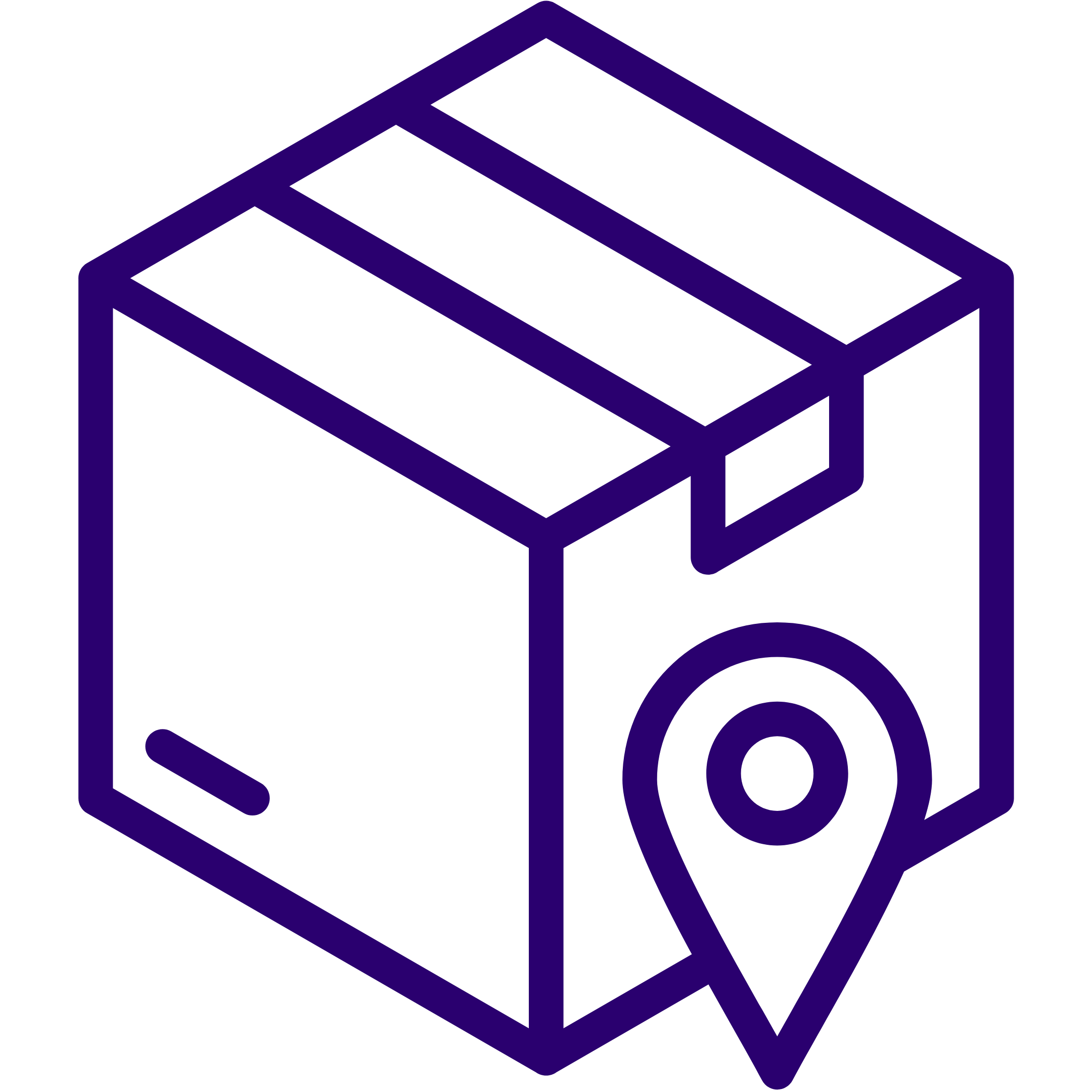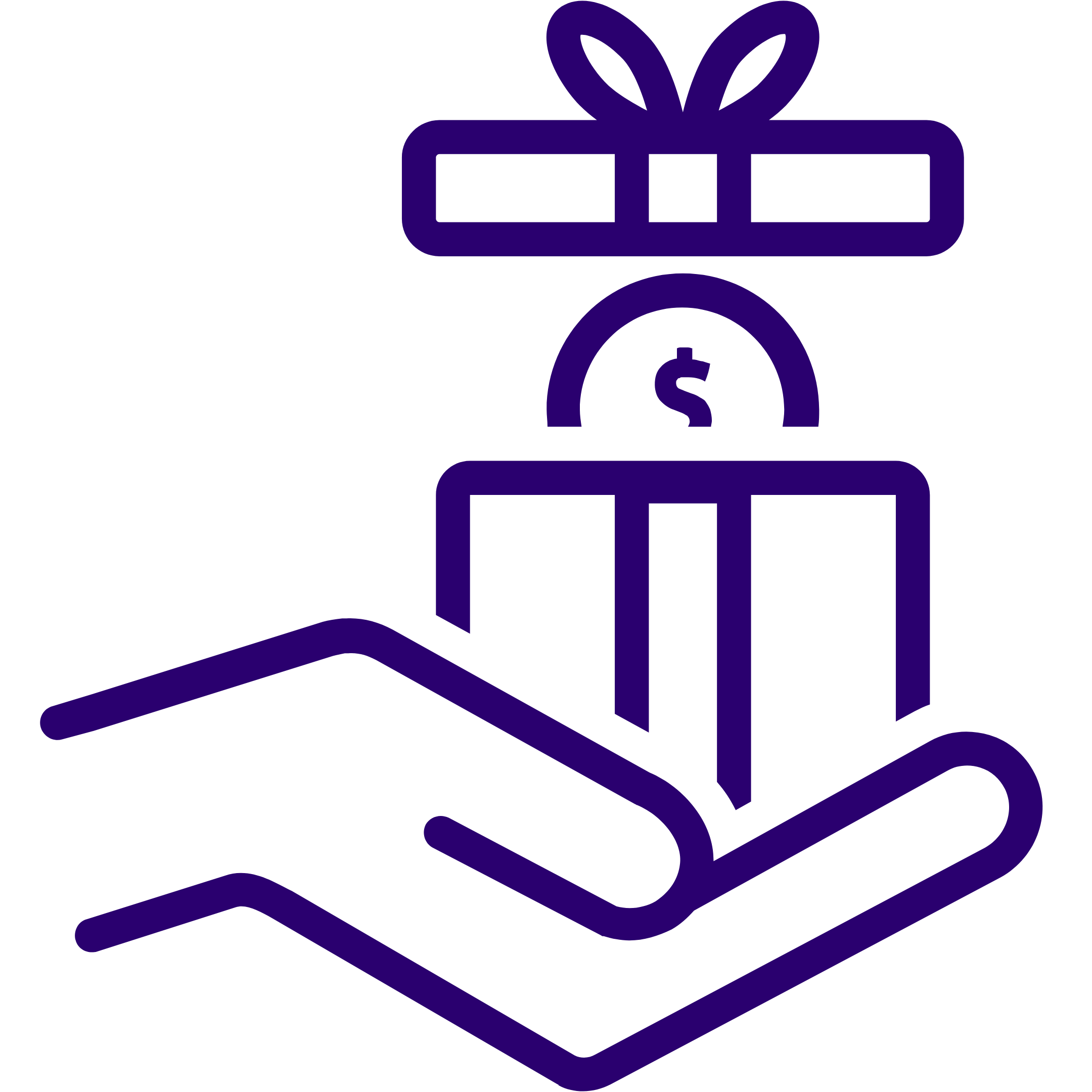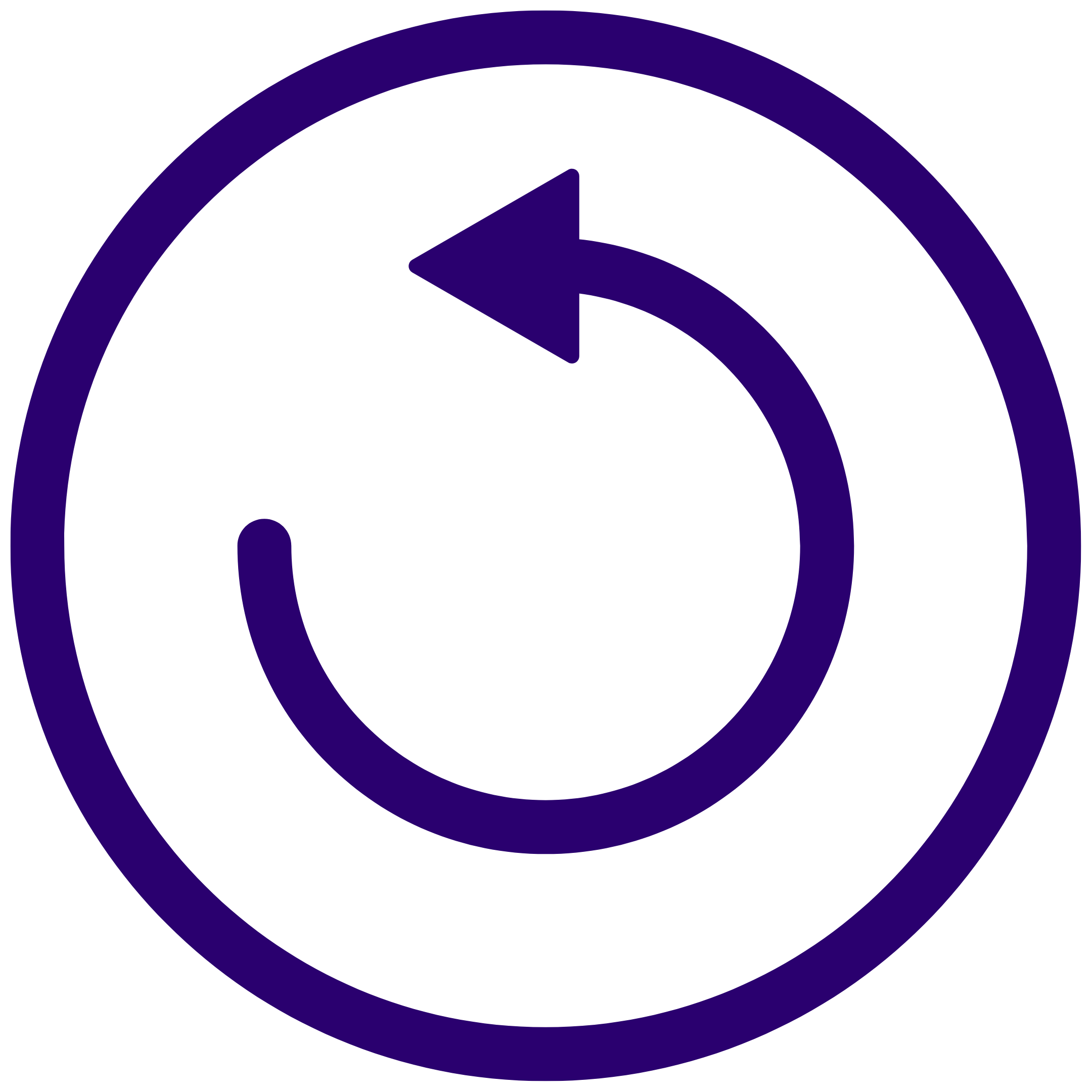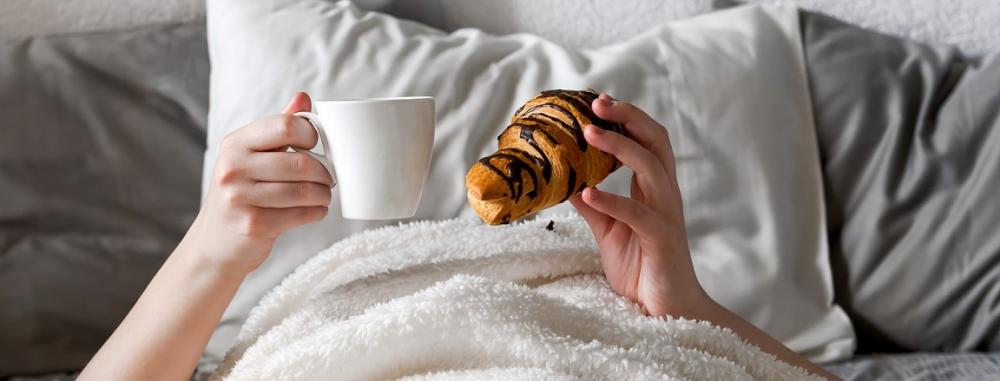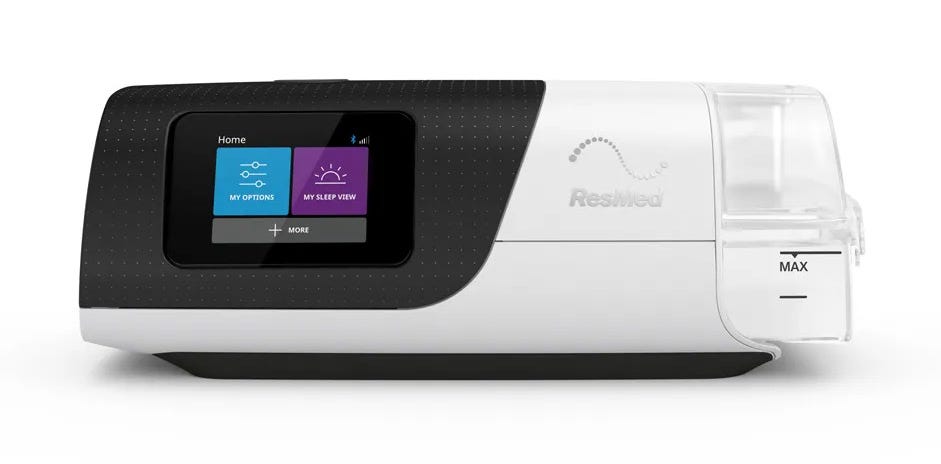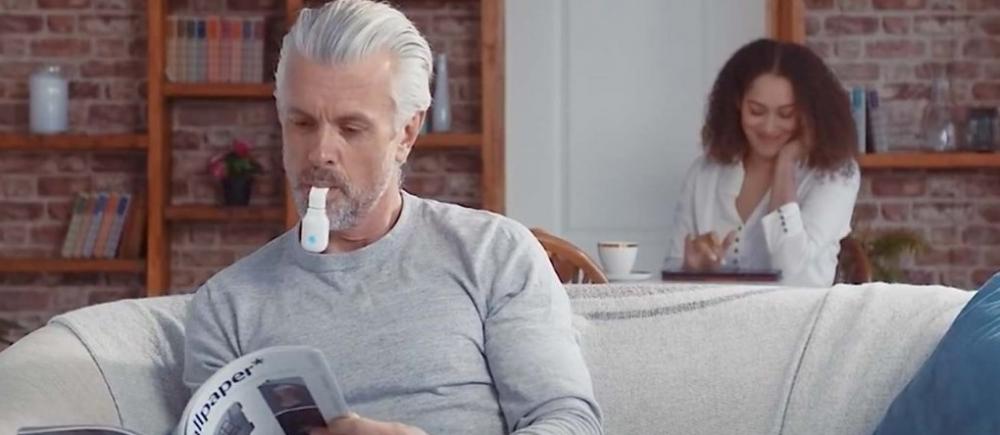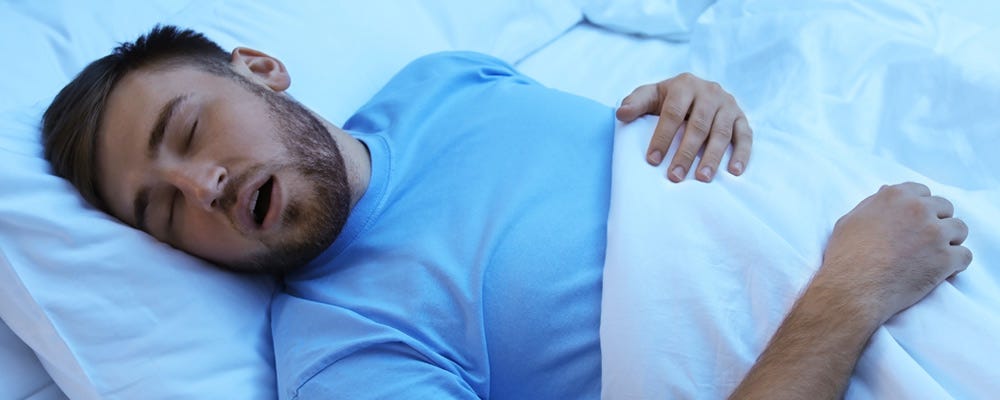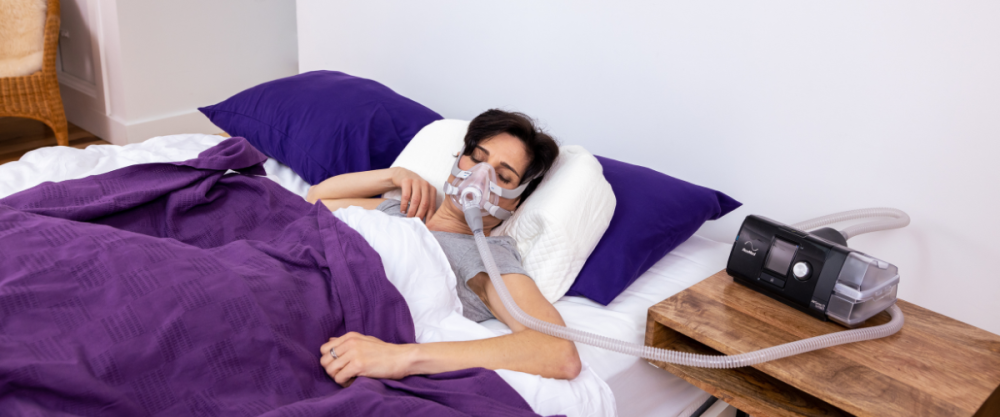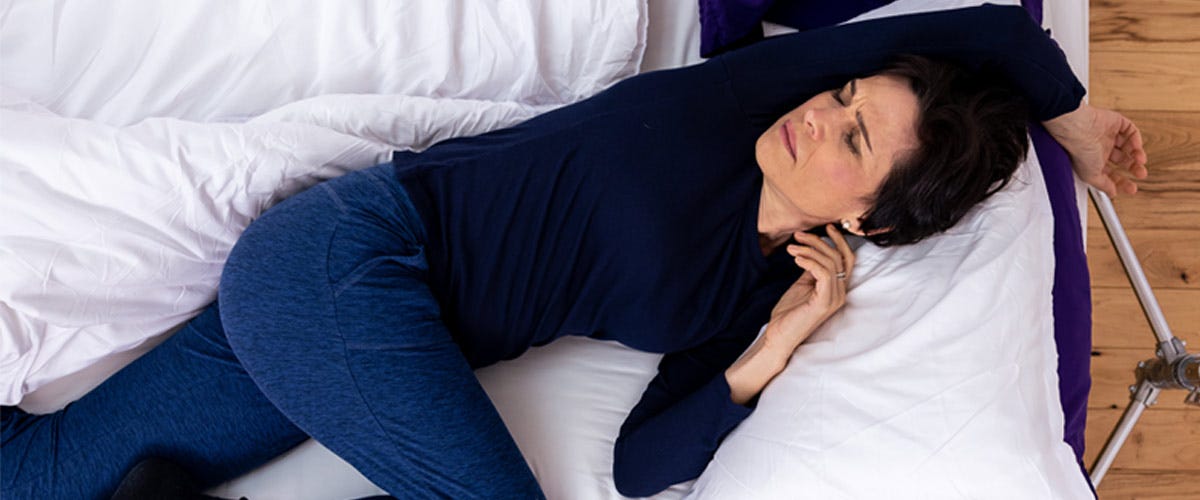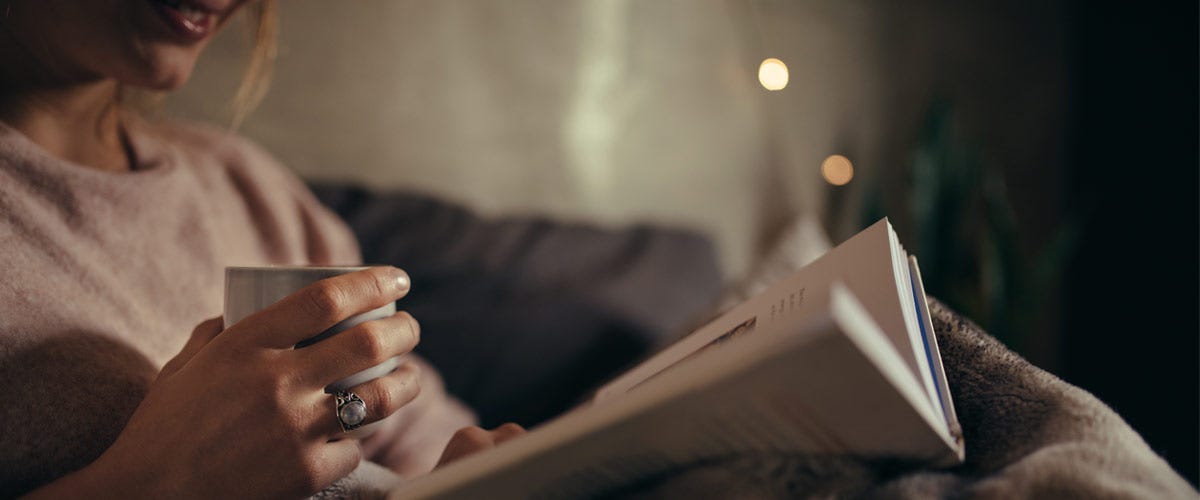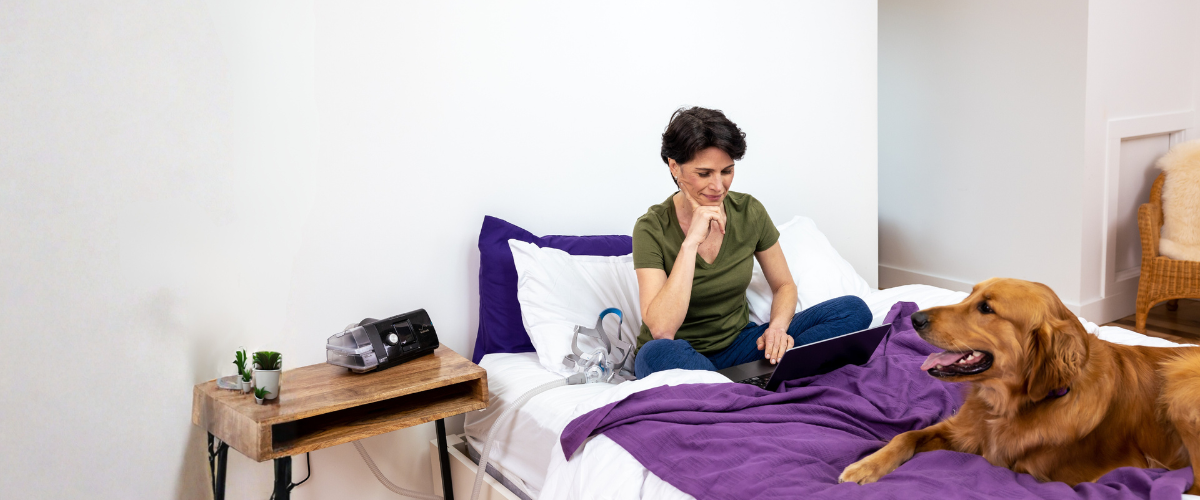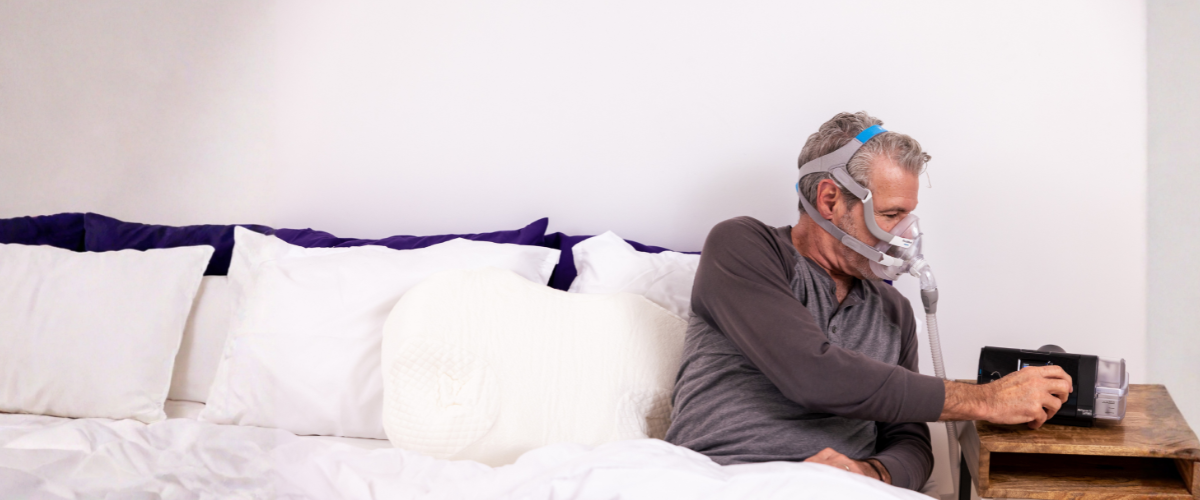Let’s talk about sleep and the world’s favorite final bite of the night - dessert. The weight gain and cardiovascular effects of overindulgence in sugar and carbohydrates are well known, but could they also be disturbing your sleep? To find the answer, let’s explore the results of sleep studies that found connections between sugar intake and sleep problems - and vice versa.
Table of Contents
Is It Bad to Have Sugar Before Bed?
Studies show a relationship between diets high in sugar and poor sleep. A 2016 trial published in the Journal of Clinical Sleep Medicine found that sugar intake is associated with lighter, less restorative sleep with more arousals, or instances of waking in the sleep cycle. It also led to less slow-wave sleep (the deeply restorative kind achieved after a period of REM sleep.)
Various sugary treats and drinks also often contain caffeine. This popular stimulant is widely known (and commonly manipulated) to change sleep patterns by causing sleep deprivation as needed to complete a task. In other words, we drink it specifically because it keeps us awake.
Nutrient density comes into play to affect a good night’s sleep as well. In a 2014 Japanese study published in the National Library of Medicine, researchers found that a high intake of sweets (full of added sugars) and noodles (low in whole grain, high in simple carbs) were associated with poor sleep. Worse, sugar may also provide excess energy, which can disrupt the intake of certain nutrients that help regulate sleep, such as magnesium.
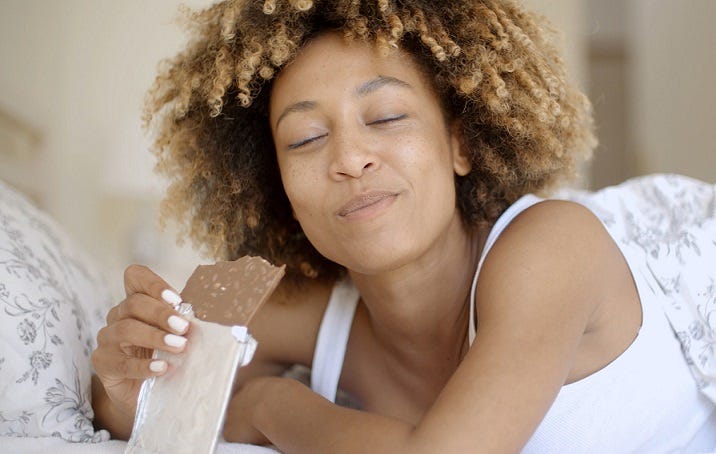

The same trial found that low intake of vegetables and fish also contributes to poor sleep quality due to lack of fiber and nutrients. High-fiber foods help us feel fuller longer, contributing to a good night’s sleep. Meanwhile, vitamins B6 and B12 help regulate the circadian rhythm, and a host of other vitamins such as D, C, and E play vital roles in overall health that support your body’s ability to repair itself while at rest. A diet rich in fiber and nutrients - as opposed to empty sugars - can help pave the way to better sleep.
Dr. Monique May–a board-certified licensed family physician and medical advisor for CPAPsupplies.com– further explains that, “Eating foods high in sugar can affect the release of stress hormones and alter blood sugar levels. Sugar can also contribute to chronic inflammation, which may result in pain and cause sleep disruption or poor-quality sleep.”
The kicker that adds an ironically sour touch to sweets is that the opposite can be true, too - a bad night of sleep for any reason can lead to cravings for sugar.
Can Poor Sleep Make You Eat Sugar?
A lack of shut-eye can increase levels of ghrelin (a hormone that regulates feelings of hunger) and cortisol (a stress hormone) making you eat more and crave carbs and sugary foods, paving the way to a cycle of poor health.
Long-term lack of sleep may affect the body’s ability to process blood sugar, which can lead to obesity, diabetes, and heart disease– all comorbidities of sleep apnea. Sleep apnea and snoring make you wake up during the night- creating a poor health cycle needing treatment to attain the better sleep we all need.
Can Sugar Itself Affect Sleep Apnea?
Sugar doesn’t affect sleep apnea directly. However, sleep apnea may worsen your ability to cope with obesity, type 2 diabetes, and heart disease. Severe obstructive sleep apnea keeps you from the restorative, deep sleep our bodies need. In fact, sleep deprivation caused by OSA can make you three times more likely to die of any cause by affecting mental health and the ability to make sound, safe choices throughout daily life.
Dr. May also tells us that, “Persistently high blood sugar levels, and specifically, a diagnosis of diabetes, is often associated with obesity, which increases one's risk for sleep apnea.” In short, sugar can be a substantive contributor to a host of health problems and weight gain which can lead to or worsen sleep apnea.
4 Tips to Slay Your Sweet Tooth Before Bed
So what can be done to mitigate the sugar cravings, curb over-indulgent night snacking, and adjust your eating habits? Here are five tips from Dr. May to get a better night’s sleep starting this very night:
1. Try a piece of hard candy in place of a bowl of ice cream.
Reduce the impact of eating sugar and get on the right path by cutting down the quantity. “If you crave a sweet treat before bedtime, a small piece of hard candy may be enough to satisfy the craving.”
2. Replace refined sugars with natural ones.
“Eating foods high in sugar can affect the release of stress hormones and alter blood sugar levels.” So reaching for a natural source of sweetness with a lower impact on your blood glucose levels is a healthier option, such as a slice of pineapple or orange in place of a slice of cake!
3. Swap out sugary treats for sugar-free snacks.
“Sugar can also contribute to chronic inflammation, which may result in pain and cause sleep disruption or poor-quality sleep.” Sugar-free snacks made with nutritive ingredients are a sound dietary swap to enjoy a filling, high-fiber nosh. Look for choices that also contain inflammation-combatting antioxidants from nutrients such as omega-3 fatty acids and vitamin D.
4. Try out chamomile tea with a small dollop of honey.
Herbal teas with a touch of honey can be beneficial in multiple ways. A warm beverage is relaxing to help ease you toward sleep. Honey is soothing on the throat, promoting better airflow. Be mindful that honey is still a sugar that bacteria flock to, so Dr. May reminds us to, “Be sure to brush your teeth before turning the lights out!”
Achieving better sleep is an important step toward better overall health. If you and your doctor decide that dietary adjustment and treatment for sleep apnea could get you closer to a good night’s rest, our team at CPAPsupplies.com can help. We offer a range of products, expertise, and assistance to match you with the tools and guidance you need to replace sour slumber with sweet dreams!

